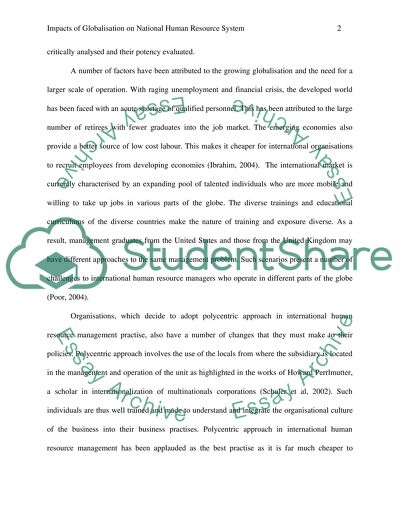Cite this document
(“International and Comparative HRM Essay Example | Topics and Well Written Essays - 3000 words”, n.d.)
Retrieved from https://studentshare.org/human-resources/1483539-international-and-comparative-hrm
Retrieved from https://studentshare.org/human-resources/1483539-international-and-comparative-hrm
(International and Comparative HRM Essay Example | Topics and Well Written Essays - 3000 Words)
https://studentshare.org/human-resources/1483539-international-and-comparative-hrm.
https://studentshare.org/human-resources/1483539-international-and-comparative-hrm.
“International and Comparative HRM Essay Example | Topics and Well Written Essays - 3000 Words”, n.d. https://studentshare.org/human-resources/1483539-international-and-comparative-hrm.


